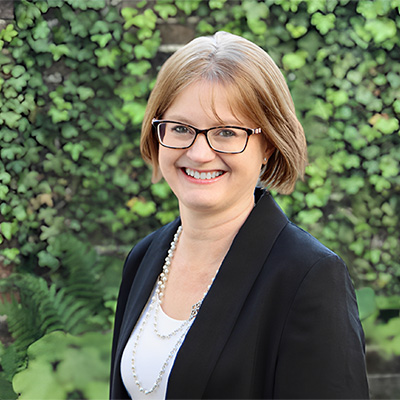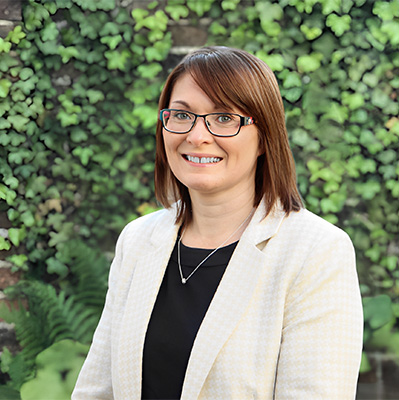We are thrilled to announce that Dawson Hart Solicitors has achieved the Wellbeing at Work Silver Award which is accredited by Wellbeing at Work East Sussex. This prestigious award recognises our ongoing commitment to fostering a healthy and supportive...
What if I don't have a Will?
Without a Will in place you don’t have total control of what happens to your assets when you pass away as laws of this country called the ‘intestacy rules’ govern who receives what. Although the laws were updated on 1st February 2009, they are still viewed by many to be out of date and can create surprising and upsetting results.
Does everything go to my husband/wife/Registered Civil Partner?
Many married people think that if they do not make a Will, their husband or wife or registered civil partner will receive everything they own when they die, but this is not always so. Children or other relatives may be entitled to all or a part of your Estate under the intestacy rules and the widowed spouse or civil partner may end up with less than you wished. If you are survived by a spouse but no children, then your spouse can end up sharing your estate with more distant relatives!
Should I make a Will even if I live with my partner?
The intestacy rules do not recognise unmarried partners even if you live together and your partner may not get anything. Depending on how the property is held between you, your partner may have to leave the property where they have been living with you. Such complications can be simply avoided by having a Will. As well as peace of mind, your Will can provide for:-
- Your specific funeral wishes (i,e burial, cremation, environmental funeral, or the use of your body for medical research)
- The appointment of trusted friends or relatives to care for your minor children in the event that the parents have both died i.e guardians.
- Executors to be appointed. You choose who you trust to act in the estate and they will be ultimately responsible for administering your property and carrying out your wishes. If you are not sure who to appoint for this important role or you would like to appoint someone independent, then the partners of Dawson Hart can act for you. In some cases it may be advisable to appoint a family member with a professional.
- Significant inheritance tax savings in many cases.
- Practical solutions where beneficiaries might find it difficult to cope with a large inheritance or where there is a second marriage and both husband and wife ultimately wish their respective families to be provided for on the second death.
- Gifts to be made to close relatives and friends (money or of a personal nature) by way of a token of your appreciation.
- A gift or legacy to a charity or charities.
How often should I review my Will?
At any time of change in your life and at least every five years or if your Will no longer reflects your wishes, then you should review your Will. Events such as marriage, civil partnership and divorce change your life and priorities and therefore a new Will should be made when contemplating these events. A Will is automatically cancelled (“revoked”) on marriage. Simple alterations to your Will may be made by a Codicil. Never try to alter a Will yourself by crossing out or adding to your Will after your Will has been signed; changes made in this way will almost certainly be invalid. Even if you want to cancel a Will altogether, don't try to do it yourself. Your attempt may not succeed and even if it did, it will leave questions in people’s minds.
How can Dawson Hart help me?
Sometimes making a Will is relatively easy; sometimes it is a skilled and difficult task. Your Will is probably the most important document you will ever sign and you have to get it right. The future well-being of your family may depend on it and not only their financial well-being but their harmony as well, because a bad Will can create lasting grievances. Above all, if you come and see us for a professionally drawn up Will then you will have peace of mind.









